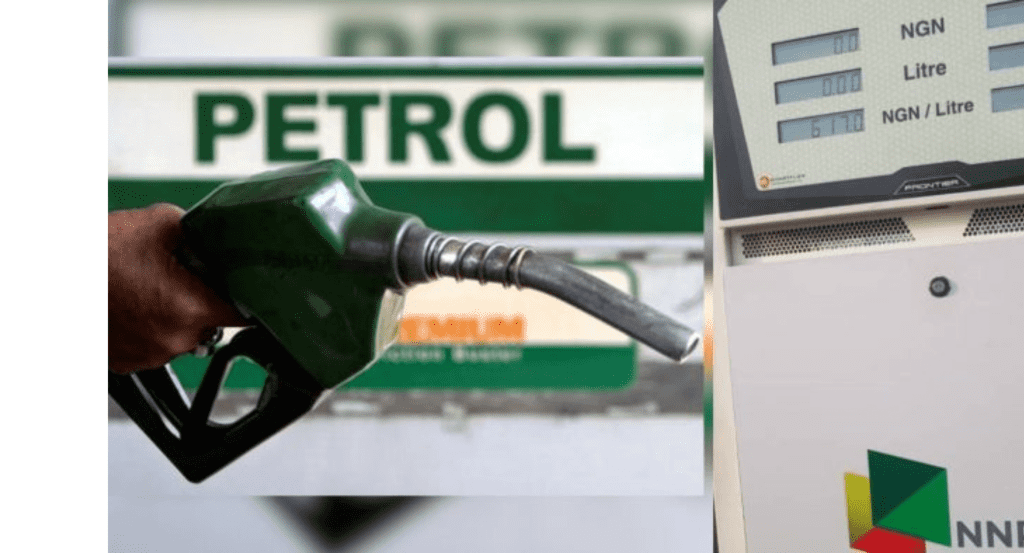The recent decision by Dangote Refinery to reduce the price of petrol has stirred reactions across Nigeria’s fuel market, with concerns that the move could result in significant financial losses for fuel marketers holding imported stock. Despite the refinery’s price cut, independent marketers have stated that they cannot immediately lower pump prices due to existing inventory purchased at higher rates.
According to reports, Dangote Refinery announced a reduction in the ex-depot price of petrol, a move expected to bring some relief to consumers facing high fuel costs. Following this announcement, private depots have begun adjusting their prices, with petrol now selling for around ₦925 per liter. However, industry stakeholders warn that the impact on retail prices may not be immediate.
The Petroleum Products Retail Outlets Owners Association of Nigeria (PETROAN) has explained that while the refinery’s price cut is a welcome development, retailers are still dealing with fuel supplies purchased at higher costs. As a result, consumers may not experience a significant reduction in pump prices until old stock is exhausted.
Meanwhile, some fuel marketers fear heavy losses due to the sudden drop in prices. Many had imported petrol at higher exchange rates and international prices, and with the Dangote Refinery offering a cheaper alternative, they may struggle to sell their current inventory without incurring financial setbacks. This situation has led to discussions within the sector about potential compensation or regulatory intervention to cushion the impact on marketers.
Despite these concerns, the price adjustment by Dangote Refinery is seen as a major step toward reducing Nigeria’s reliance on imported fuel. With the refinery expected to ramp up production in the coming months, industry analysts believe local refining could help stabilize fuel prices in the long run.
For now, Nigerians remain hopeful that the cost of petrol will eventually decline at filling stations, easing the financial burden on households and businesses. However, market dynamics and existing inventory constraints mean that immediate relief at the pump may take time to materialize.























